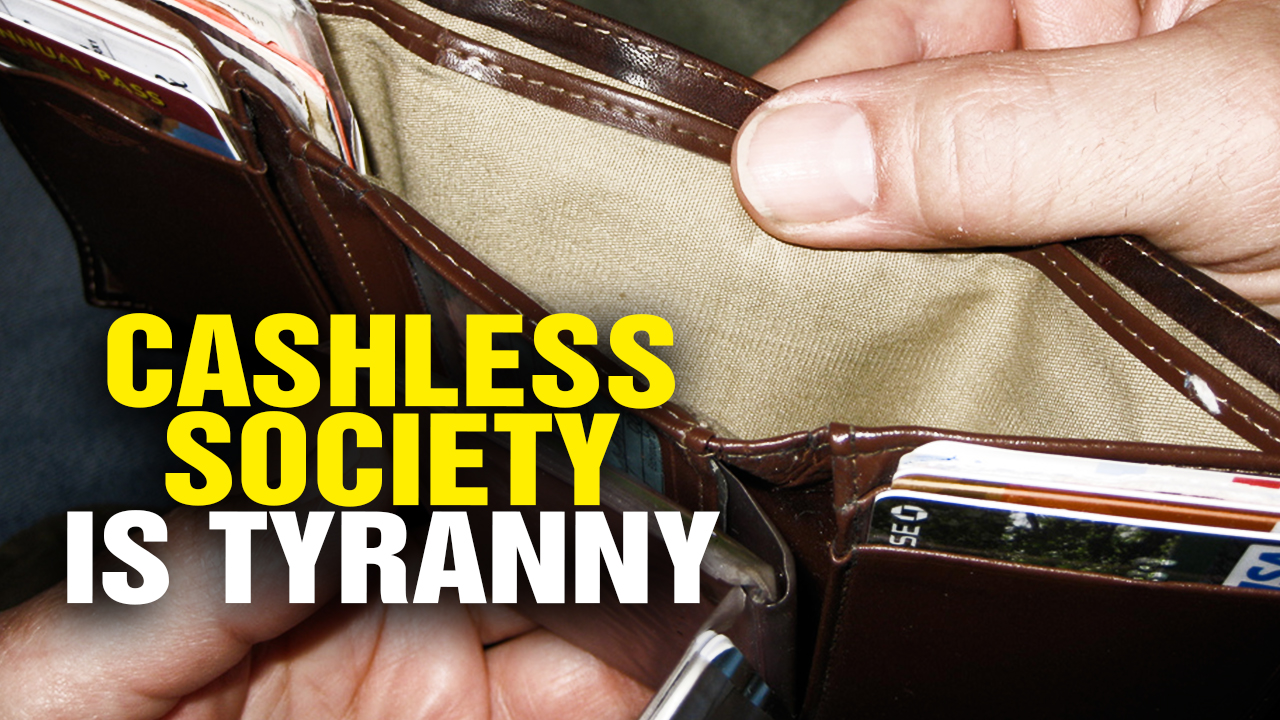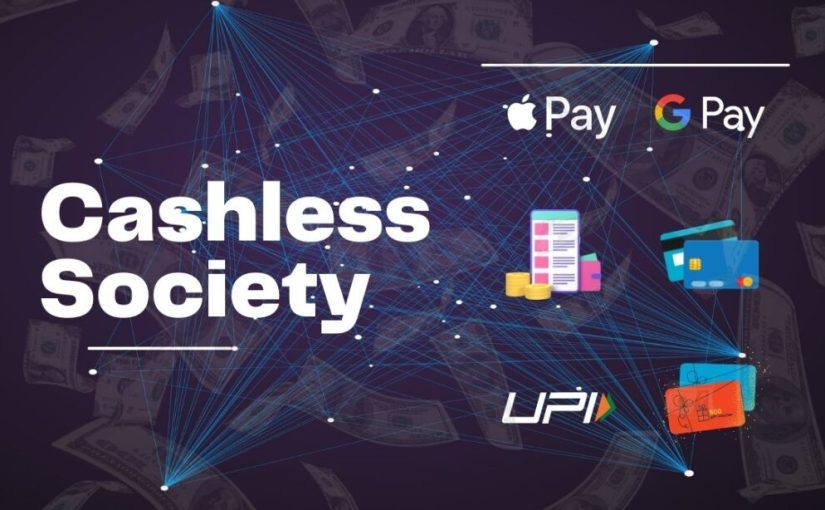Stupidity: Yes, The Banks Prey On You
by Karl Denninger, Market Ticker:

I know more than a few people in the millennial cohort who are deeply underwater financially.
If you think that the “CFPB” or whatever claptrap Congress ginned up during and after the 2008 crash are actually there to help you — you’re nuts. Most of these people were not old enough to get into serious credit card trouble at that time but have become old enough since.
The outright predatory tactics of lenders have not changed a bit.
They run this crap on an automated basis on everyone. Those who are foolish enough to fall for it get ass-rammed.
Hell, they even just tried it on me.
I generally run pretty-much all my “ordinary” household expenses through a credit card. I do it because I get a cash back on it; if I can get a 1% or 1.5% discount on everything I’m going to take it. If some merchant wants to offer me a 2% or greater discount for cash I’ll pay in dead Presidents, but basically nobody does, so **** ’em. I’m not go to ask — you either offer or I’ll take the discount I know I can already get.
I never run a balance. But over the years I used to charge up a crap ton monthly on (mostly) my Amex account, because when I was running my Internet company I often put entire trade shows on it. Mid-five-figure monthly spend was not uncommon at all, and Amex knew this. When I sold the company I got rid of the corporate-paid-for annual fee “high fautin” card of course but do maintain an Amex “cash reward” card. Why not?
Anyway, another institution (not them) is where I usually run most things through. Every year they (and everyone else) asks for me to “update” my financial information. I never respond. There is no law that says you must. They could shut the account down due to my insolence but never have — they like the discount charges from the merchants, of course, so why would they do that?
Point being they have nothing other than my payment and credit history and whatever else they can get out of public records to go on in judging whether I am “good” for a bigger line.
So the last couple of months my spend has been well above average because I’m doing my redoubt thing and in the process I need to equip it, etc. It’s a one-time deal, but it’s a fairly substantial expenditure. No biggie.
One of those issuers just jacked up my line on an unsolicited basis as soon as I ran utilization up near 50% over a single billing cycle.
I don’t care as I’ll never use it but it’s a trap for those who will.
You go out and get a card when you’re young, and it probably has a $500 line. This one’s dangerous to your FICO as utilization is very easy to get too close to the line with, although you have no score at all originally. You don’t want to use more than half of the line on a regular basis, in short, which makes for interesting choices. Ok, so soon you find the line expanded to $1,000, then $2,000. Now you can run your monthly household expenses on it and use about half the line or less, and your FICO score keeps climbing. Soon it’s in the low to mid 700s. For most people this is achievable within the first one to two years.
What happens next is that the same issuer suddenly doubles the line again, to say $5,000.
That’s a trap; you probably can’t pay off $2,500 a month on a revolving, routine basis, but it’s very, very tempting to invade that “more than half utilized” space. If you do it you’re going to start paying interest at a crazy rate, especially given today’s Fed Funds — likely at something approaching 20% and always at double-digits.
As soon as you start accruing a balance if you’re running your household through it on a revolving basis you’re in serious trouble. To do it once and then pay it down over a couple of months if (for example) your car breaks is one thing. But if you are running your household bills on it to get the cash back and then add to it a big lump for such an event you are very likely to be screwed because instead of getting paid 1% every month back in discounts you’re suddenly paying 2% or more monthly, which is a 3+ % instant addition to your spending while you are overcommitted.
Loading...



